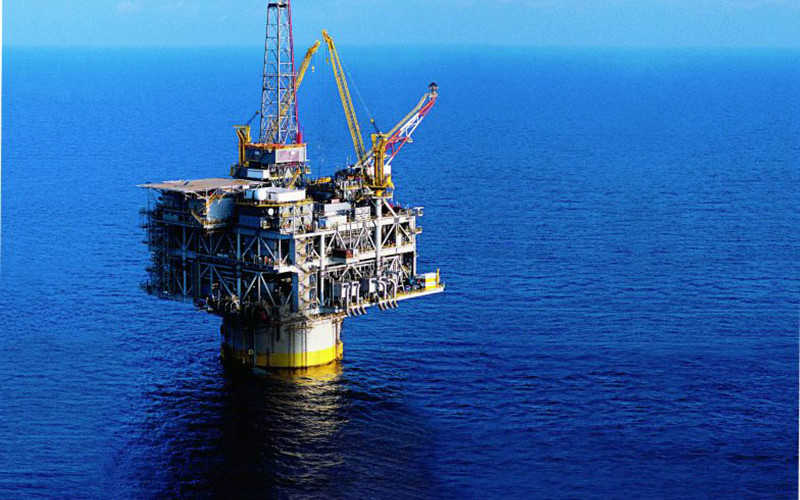Don’t expect to see gasoline pumps or the burner tips of your natural gas-powered furnaces disappearing anytime soon.
So says Chevron and ExxonMobil, which closed out 2023 by betting heavily that fossil fuels will be around for some time to come, even as many of their contemporaries join the global push toward clean energy. In putting their money where their bits are, the super-majors plan to spend a combined $112.5 billion to buy two leading independent oil and gas producers. Both acquisitions are expected to close in the first half of 2024.
For its part, Chevron said on Oct. 23 that it will pay $53 billion to acquire 90-year-old Hess Corp., primarily aimed at snapping up its 30% stake in the high-flying Guyana deepwater theater. Hess also has a sizable footprint in the deepwater Gulf of Mexico where it operates the Tubular Bells and Baldpate producing fields. Hess projects 2023 Gulf oil production will average around 30,000 bbl/d.
“I think you would expect us to high-grade the exploration program as we look across a larger combined lease position,” Chevron CEO Mike Wirth said during an Oct. 27 call, referring specifically to the Gulf of Mexico.
With the deal, Chevron will replace Hess as a partner in Guyana’s productive Stabroek deepwater block with lease owner ExxonMobil, which on Oct. 11 announced a $59.5-billion all-stock acquisition of onshore producer Pioneer Natural Resources Co. Pioneer operates exclusively in the prolific Permian Basin of West Texas and southeastern New Mexico.
The transactions preceded an Oct. 24 report by the International Energy Agency (IEA) that concluded fossil fuel demand will peak by 2030 as renewable energy gains traction. “The transition to clean energy is happening worldwide and is unstoppable,” said IEA Executive Director Fatih Birol.
ExxonMobil CEO Darren Woods, however, suggests that the company, for now, has no intention of turning its back on the core commodity that made it among the world’s top companies.
“Rather than chase, what I would say, is the current narrative or the current conventional wisdom as to what the world’s going to need, let’s just focus first on what we can fundamentally contribute and bring an advantage to and therefore generate returns higher than the rest of industry, and then figure out how those advantages apply themselves to what the world needs,” Woods told analysts on Oct. 27.





